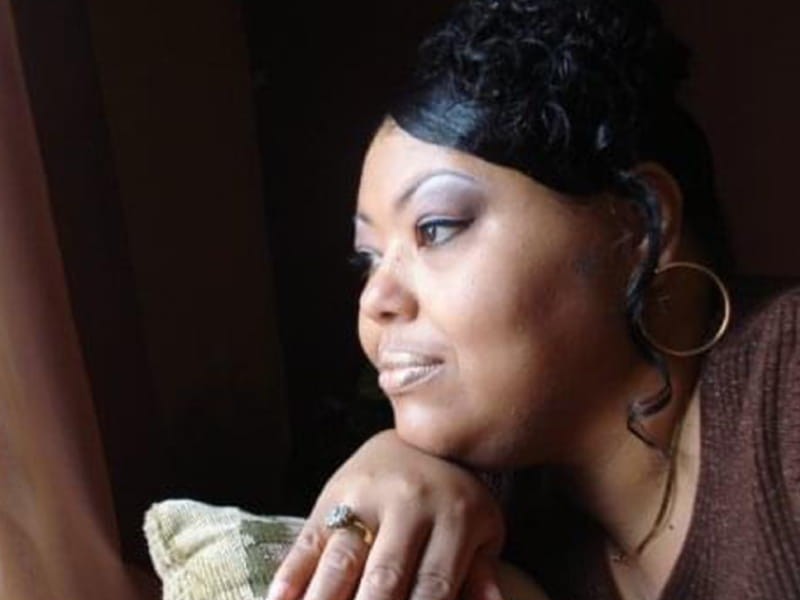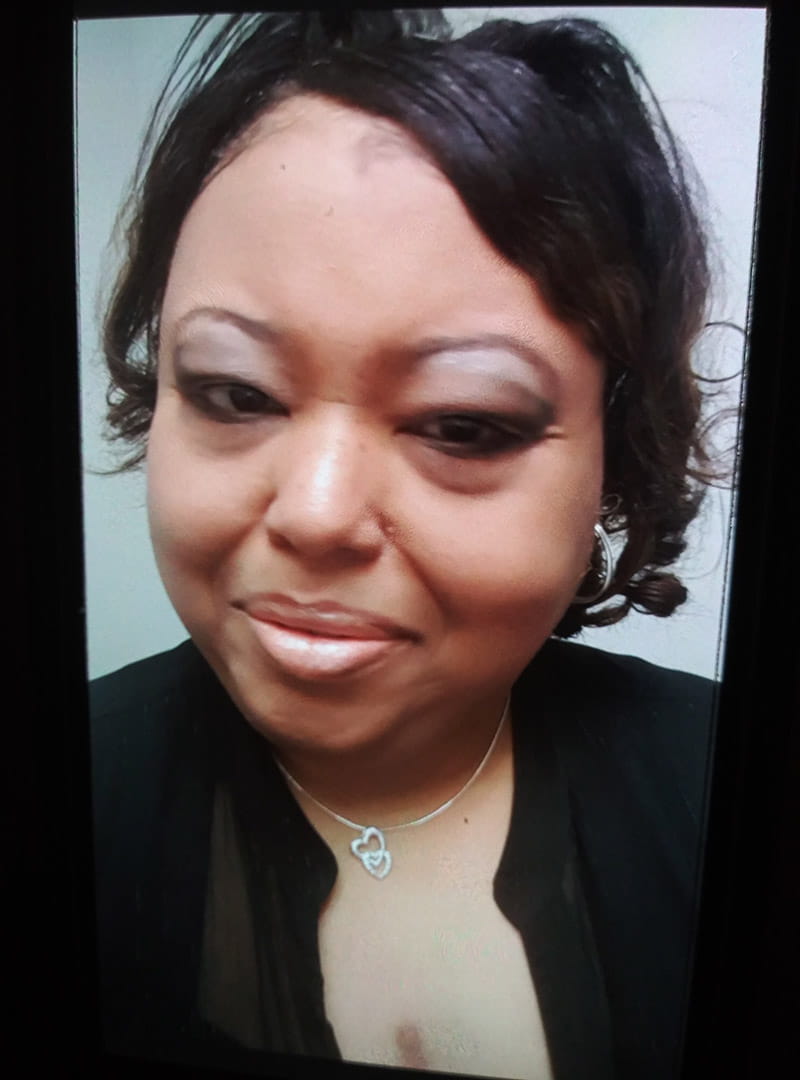She thought she had bronchitis, but the problem was her heart
By Stefani Kopenec, American Heart Association News

Terita Grier has struggled with obesity her whole life. She also has diabetes and high blood pressure, two leading risk factors for heart disease. Her dad died of a massive heart attack a month before she got married in her mid-20s. As she approached 50, Grier had a heart stress test.
The doctor didn't detect any problems.
Fast forward three months. Grier began coughing, wheezing and experiencing a slight discomfort in the back of her shoulder. She thought she had bronchitis. A month later, she woke up one morning feeling worse. She sensed God telling her, "Go get this checked out."
Grier drove to the nearest hospital in suburban Atlanta, expecting to be sent home with a prescription.
"I promise you I thought I'd be in the emergency room for a couple of hours and come home," she said. "But that wasn't the case."
After several blood draws and some tests, the doctor told Grier she had a very high level of the enzyme that indicates she had a heart episode. The doctor said she was experiencing cardiac asthma.
Grier's lifelong friend Lisa White, whom Grier considers a sister, was living with her. White remembers getting the call.
"I had told her, 'I don't know why, but for about a month or so, God just had me standing in (your) room praying, and I didn't know what for,'" White said. "When she called me from the hospital, I just immediately started crying, and I said, 'That's the thing, that's what it was! He just wouldn't let it go.'"
The next day, Grier had a cardiac catheterization procedure. Once the dye inside her arteries was illuminated on the screen, the doctor saw that three of her heart's major arteries were 90% blocked. Instead of opening them with stents, the doctors decided she would need bypass surgery.
With her family by her side, Grier experienced a wave of emotion. The tears flowed.
"I started dictating my will," she said. "I thought that was my death sentence."
Grier was transported by ambulance to a cardiac center in Atlanta. Several days later, after the medical team got her diabetes and blood pressure under control, she had a successful quadruple bypass.
"Before the procedure was done, the surgeon spoke to (my family) and stated that he couldn't explain how I was still walking around and alive in this condition because many patients with this diagnosis don't survive," she said.

Grier was one of the lucky ones. So was her mother, who went into cardiac arrest in the hospital waiting room. She received immediate treatment and recovered.
Grier's ordeal was in January 2016. In 2019, she lost the job she'd had for 20 years when her position in the IT department at a major airline was transitioned overseas.
Losing her income and insurance made taking care of her other medical issues a struggle. Grier also has stage 3 kidney failure. She's had uterine cancer and a hysterectomy. She has a degenerative bone disease and possibly a bulging disc that is so painful she is fighting to get disability insurance and hopefully Medicare. Living on her savings and without health insurance, the procedure her doctor recommended is too expensive, leaving Grier to manage the pain with medicine.
"I didn't take as best care as I should have. In my later years, I'm trying to do better," she said. "Health is just important, and I see how important it is. It's hard when I'm trying to play catch-up."
That same year, she was dealt another blow when her mom was diagnosed with pancreatic cancer, then died a few months later.
When she was still employed, Grier had an active role on the airline's wellness team. She was the go-to person for activities the team was putting on for different conditions. She began to share her own journey with heart disease, hoping to help others.
"I believe my journey isn't just for me, but it's also for others to hear my testimony and hopefully become more aware of how important and prevalent heart disease" is among women, she said. "Our symptoms may not be exactly like that of men, so we must be educated and take heed."
Stories From the Heart chronicles the inspiring journeys of heart disease and stroke survivors, caregivers and advocates.
If you have questions or comments about this American Heart Association News story, please email [email protected].





